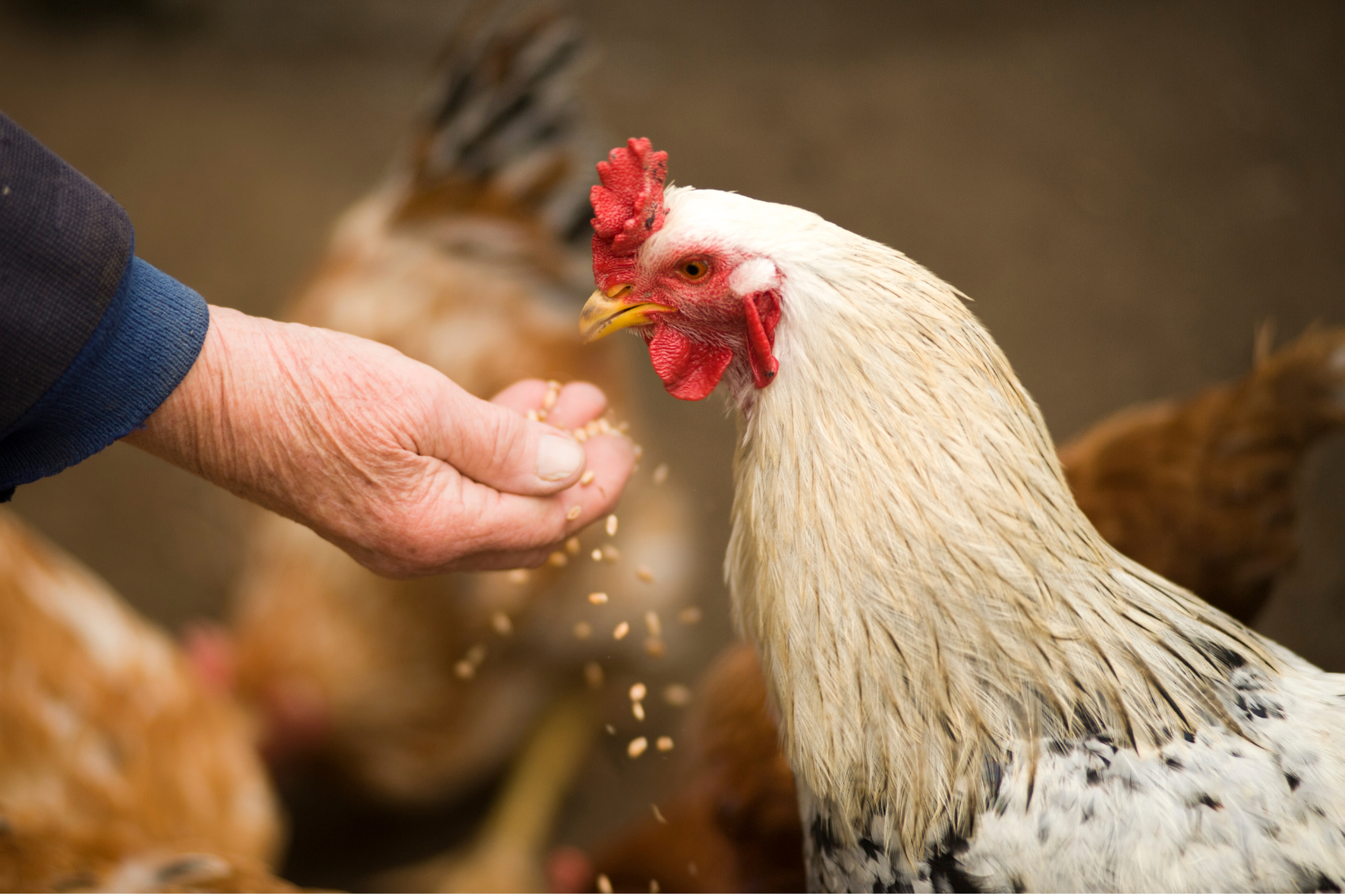It has been proven that the broiler intestinal health plays a crucial role in sustainable production, directly impacting the well-being and efficient performance of these animals. Proper management of the intestinal health aspect involves understanding and promoting healthy maturation of the microbiota and its relationship with feed, its antinutritional factors, and the use of performance enhancers. Collecting and monitoring data from the farm regarding the maturation of intestinal microbiota can provide important insights that reflect the current status of the flock, contributing to rapid decision-making and corrective actions.
The maturation of intestinal microbiota emerges as a key indicator of bird health, where its diversification and balance are intrinsically linked to healthy and productive broilers. On the farm, the development of intestinal microbiota occurs in parallel with the growth of the bird, allowing for monitoring through metagenomic analyses (16S rRNA) during key transition phases (at 7, 21, and 35 days of the bird’s life). However, it is crucial to accumulate field data to understand and compare the results obtained with microbiota records of broiler chickens at different ages, genetics, and environmental conditions, as any deviations from microbial development patterns can be identified.
Establishment of a diverse and balanced microbiota in broilers
The establishment of a diverse and balanced microbiota requires the implementation of various strategies, including environmental control (biosecurity and welfare-focused measures), nutritional strategies such as the use of prebiotics, probiotics, synbiotics, and highly digestible ingredients in the early stages, like Soy Protein Concentrate, which helps promote the development and balance of the microbiota, reduces colonization by pathogens, and strengthens the intestinal health of the broilers.
Once well-established and balanced, the microbiota acts as a barrier against pathogens, optimizes nutrient absorption, and enhances the immune system. Monitoring and supporting this healthy maturation allows to express their maximum growth and production potential. Conversely, a lack of control can lead to decreased performance and increased risk of pathogens in flocks that do not respond to field modifications.
It is common to think that a healthy intestinal environment only involves non-aggressive or harmful bacterial genera and other microorganisms. However, a balanced intestinal environment can accommodate bacteria from all genera, fungi, viruses, and protozoa, where all interconnected components of the system work in harmony. Any imbalances in the organism, depending on their causes and severity, can create a favorable environment for the excessive growth of opportunistic bacteria, leading to dysbiosis. Moreover, there are bacterial agents that the poultry industry cannot coexist with, which can also pose risks to human health, further emphasizing the necessity of monitoring field data.
Another important issue for broiler nutritionists is the control of feed containing potentially antinutritional factors, which play a critical role in the intestinal health. In the case of plants, antinutritional factors are secondary metabolites that significantly influence their interaction with the environment. At certain levels ingested by animals, these factors can reduce or completely inhibit the utilization of nutrients, compromise the integrity of the intestinal mucosa, hinder the absorption of essential nutrients, and predispose broilers to intestinal disorders. Substances such as mycotoxins and contaminants can also have this effect.
As a result, designing quality control strategies in poultry feed production is essential to minimize the presence of these factors and ensure intestinal health. In this context, commonly applied strategies include conventional pretreatments: thermal treatment, enzyme application, soaking, sprouting/germination, irradiation, fermentation, peeling, maceration, cooking, milling, extrusion, micronization, toasting, pelleting, lamination, flocculation, and enzymatic treatment. Each strategy is effective for different applications, and the choice should be based on the specific needs at hand.
Finally, emphasizing the importance of intestinal health in broilers, developing a comprehensive health program for production poultry is an indispensable tool that should encompass various measures. Alongside a commitment to quality, safety, and sustainability, OPTA offers holistic solutions for animal health and production, including the monitoring and management of intestinal microbiota maturation through metagenomic analysis (16S rRNA) of broiler chicken flocks, as well as nutritional solutions such as probiotics and prebiotics, hydrolyzable tannins, insoluble fibers that promote movement and moisture in the feed mass, soybean protein concentrate, and organic acids.
Contact our poultry specialists to obtain customized solutions for intestinal health that align with the economic success of production.
Also, read “Dietary fibers: Nutrition and gut health in focus” and check out our Linkedin for updates.

